It’s commonly estimated that 75 to 85 percent of aspiring thru-hikers on the Triple Crown trails quit before reaching their goal. That’s a staggering number. So, what’s the difference between those who get to the opposite terminus and those who don’t? It’s generally not athletic ability. People of all different demographics and athletic abilities successfully complete long-distance trails.
Backpacking is not a particularly technical sport, though it does require you to learn a particular set of skills. The primary physical component involves walking over natural surfaces with a load on your back. And though good physical fitness reduces the likelihood of injury and can make the experience more enjoyable, a backpacker always has the option to slow down or reduce mileage to ease the physical demand. The challenges unique to a multi-month backpacking trip are exposing yourself to the elements day after day and continuing to move forward when you’re tired of sleeping on a thin foam pad, sick of eating dehydrated foods, and missing your family and friends. Thru-hiking success comes down to the ability to endure when things get hard—that is, the ability to suffer. There are certainly legitimate circumstances that force hikers off trail, like illness, injury, and finances, but many quit because the going gets difficult and they don’t have a strong reason for being out there. They’re still physically capable, but mentally they’re over it. -Excerpted from Adventure Ready: A Hiker’s Guide to Planning, Training and Resiliency
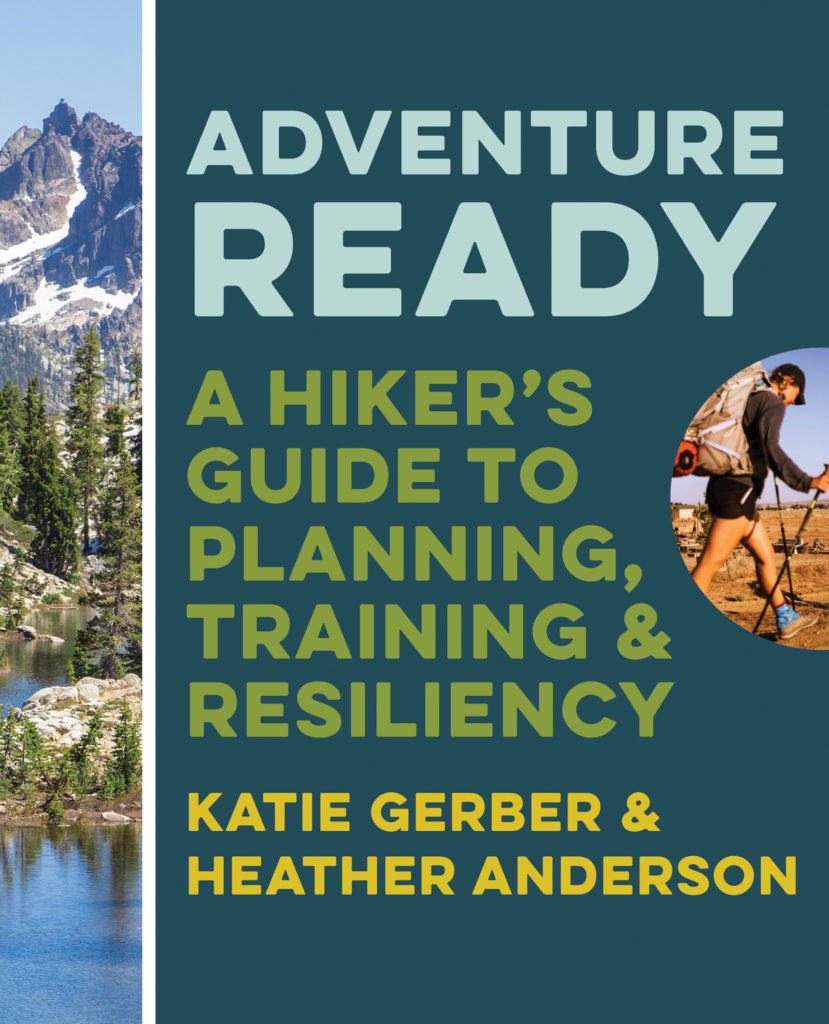
When I started hiking on the Appalachian Trail in 2003, I was made aware of this startling statistic. In fact, at that time, 90% of AT hikers did not complete their intended hikes. I was an inexperienced backpacker, and had barely any more practice with hiking. I was also overweight and from the flatlands. By all metrics, I was not a prime candidate to be in the 10% who made it all the way to the other terminus.
However, exactly 4 months later, I finished my first thru-hike.
Unbeknownst to me, I started out hiking with classic mental resiliency tools in my repertoire. These more than made up for my lack of experience and physical acumen. It really cannot be understated how important the mental preparation for adventure is. Below are some of the techniques I used back then (and continue to use) to ensure success.
- Identifying Your Why
- Set Realistic Expectations
- Use Visualization
- Create a Mantra
- Use Affirmations
- Practice Meditation
- Journal
While no one had instructed me in these methods, I instinctively knew that I would need a strong mind to complete a 2,000+ mile long trail. I spent hours visualizing myself hiking in the rain while smiling. I took up running and lifting weights to train my body so that my physical expectations were realistic. While doggedly urging my inactive body around the track I pondered why I wanted to do this thing…and whether it was worth running (something I hated). I solidified that why into my mind every day I laced up my shoes.
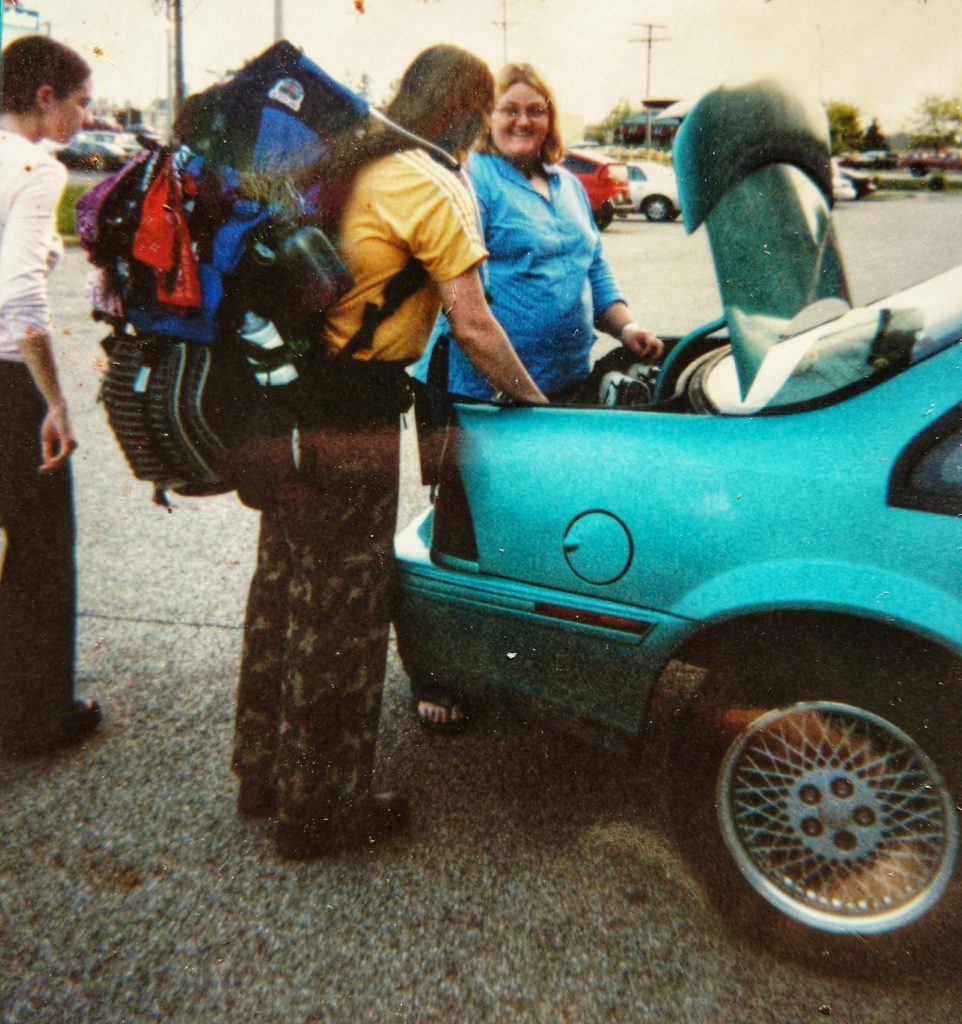
As the months leading up to my departure dwindled, I became more and more confident in my capacity to not only endure, but learn. I read numerous books about backpacking the AT and asked anyone I ran across who hiked as many questions as I could. Logging their (sometimes conflicting) answers in my mind I ensured a mindset that would be open to learning along the way. This led to a willingness to try, try again when things weren’t working. Trial and error was my constant companion on that first thru-hike as I experimented with what worked for me.
On the trail, things were extremely hard. I had a much too heavy pack with many things I didn’t need and was lacking things I did (like a sleeping bag for one). I struggled with the physicality of backpacking over rugged terrain in boots that didn’t fit my feet. But surprisingly, I didn’t feel like giving up. All those hours of practicing joy in the hardship of looping the track were paying off. Today, researchers have revealed that visualization impacts performance positively and many professional athletes use it as part of their training programs. If you’re looking to amplify your preparatory efforts for backcountry adventures, try incorporating one or more of the mental techniques above, especially visualization.
I’ve hiked many thousands of miles since that time, gaining experience and wisdom along the way. When my publisher reached out to me to request a prescriptive guide to long-distance backpacking I was thrilled. Both my co-author and I agreed that the mental aspects of thru-hiking were an essential component. Our experiences over the years have taught us the importance of mental preparation alongside the physical and logistical. These three pillars are the framework for Adventure Ready. It is our hope that this well-rounded, holistic guide will help many people prepare for and succeed on their backcountry adventures. Visit wordsfromthewild.net to learn more.
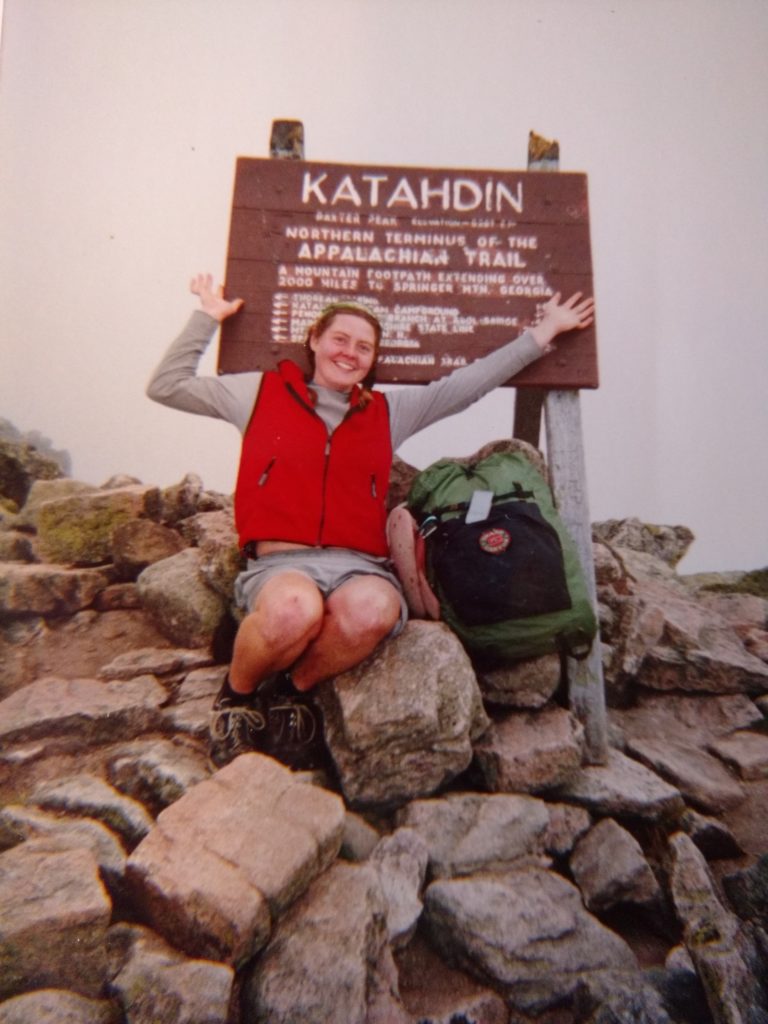




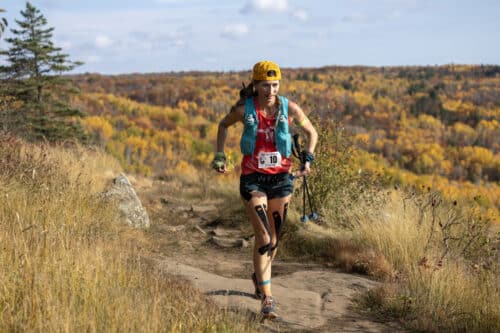
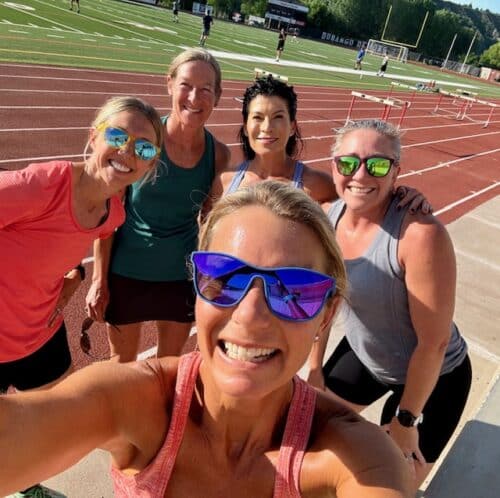




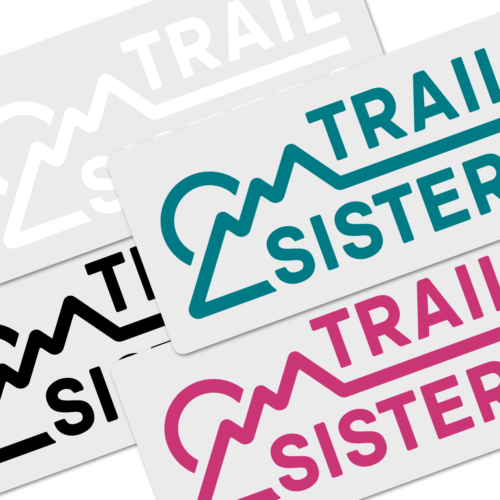
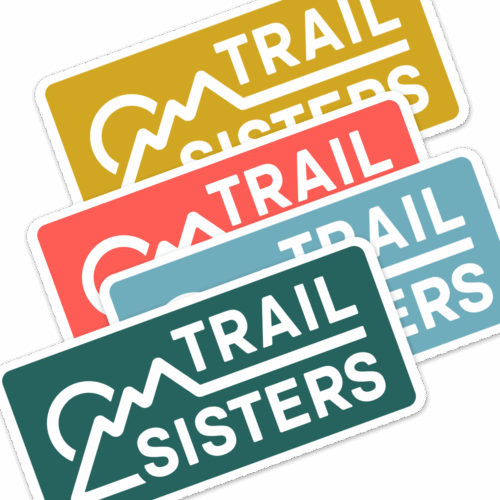
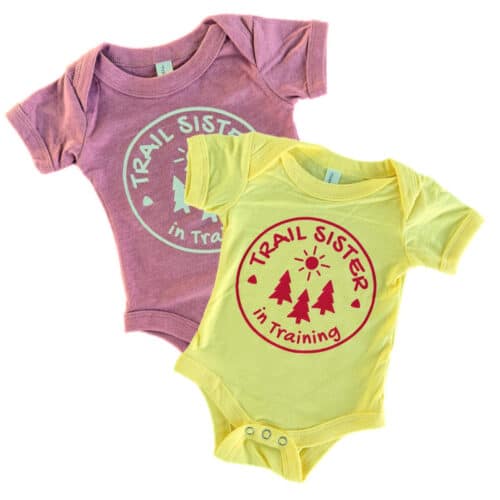
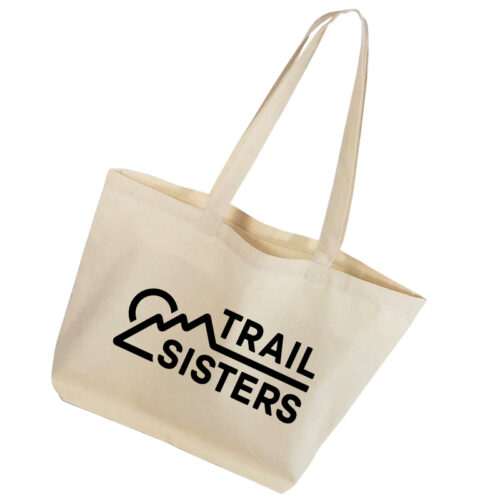


One Response
Great article from the true legend of the trails.